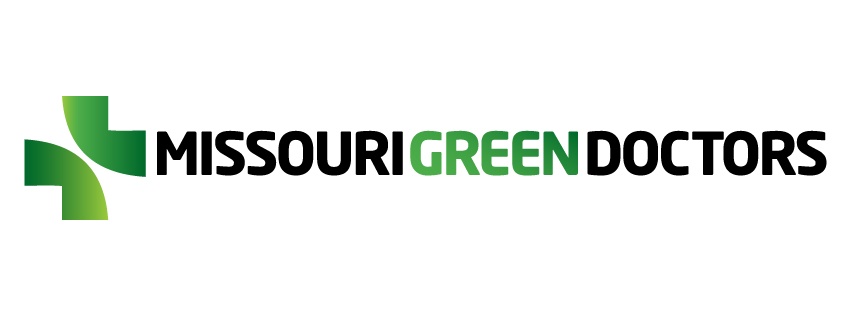Understanding How Medical Cannabis Works in the Body
Medical cannabis has a long history of use in treating a variety of ailments, but it wasn’t until relatively recently that scientists began to understand how it works in the body. At the heart of this understanding is the endocannabinoid system (ECS), a complex network of receptors and neurotransmitters that is responsible for regulating a wide range of physiological processes, including pain, inflammation, mood, and appetite.
THC and CBD, the two main compounds in cannabis, interact with the ECS in different ways, producing a range of therapeutic effects. THC binds directly to CB1 receptors in the brain, producing a high and a range of other effects, while CBD does not produce a high and works by modulating the activity of various receptors in the body.
chronic pain, anxiety, and epilepsy
Studies have shown that medical cannabis can help treat conditions such as chronic pain, anxiety, and epilepsy. However, it is important to note that cannabis can also have potential risks and side effects, particularly when used in high doses or in combination with other medications. It is always recommended to consult with a healthcare provider before using medical cannabis as a treatment option.
The world of cannabis is rapidly evolving
New products and strains are being introduced every day. While most people are familiar with the terms THC and CBD, many are still confused about the differences and benefits of these two compounds. In this blog post, we’ll take a closer look at THC and CBD and explore their unique characteristics and potential therapeutic uses.

THC AND CBD
THC (tetrahydrocannabinol) and CBD (cannabidiol) are two of the most well-known cannabinoids found in the cannabis plant. While they are chemically similar, they have distinct differences in their effects on the body. THC is the primary psychoactive component of cannabis and is responsible for the “high” that is typically associated with marijuana use. On the other hand, CBD is non-psychoactive and is known for its potential therapeutic benefits.
One of the key differences between THC and CBD is their effect on the body’s endocannabinoid system (ECS). The ECS is a complex system of receptors and neurotransmitters that plays a critical role in regulating a wide range of physiological functions, including pain, mood, appetite, and sleep. THC binds to the CB1 receptors in the brain and central nervous system, producing its psychoactive effects. CBD, on the other hand, interacts with both CB1 and CB2 receptors, but it does not produce the same psychoactive effects as THC.
While THC is known for its psychoactive effects, it also has several potential therapeutic uses. It is commonly used to treat conditions such as chronic pain, nausea, and vomiting, and has been shown to be effective in reducing inflammation and improving appetite. THC is also used to treat conditions such as glaucoma and multiple sclerosis.
CBD, on the other hand, has gained popularity in recent years for its potential therapeutic benefits without the psychoactive effects of THC. It is commonly used to treat conditions such as anxiety, depression, and chronic pain. CBD has also been shown to have anti-inflammatory properties and may be effective in treating conditions such as epilepsy and Parkinson’s disease.

The “entourage effect”
One of the benefits of using cannabis products that contain both THC and CBD is that they work together to produce what is known as the “entourage effect.” This occurs when the various compounds in cannabis work together to produce a synergistic effect, enhancing the therapeutic benefits of the plant. For example, when THC and CBD are used together, they may be more effective in reducing pain and inflammation than when used separately.
When it comes to choosing between THC and CBD, it is important to consider your individual needs and preferences. If you are looking for relief from chronic pain or nausea, THC may be more effective for you. However, if you are looking for a non-psychoactive option to help manage anxiety or depression, CBD may be a better choice.
It is also important to consider the potential side effects of both THC and CBD. While THC is generally safe when used in moderation, it can cause side effects such as dry mouth, red eyes, and impaired coordination. CBD, on the other hand, is generally well-tolerated, but some people may experience side effects such as fatigue, changes in appetite, and diarrhea.
In conclusion, the ECS and medical cannabis offer a fascinating area of study, with the potential to revolutionize the treatment of various conditions. As research into the therapeutic effects of cannabis continues, it is important to remain informed and up-to-date on the latest findings and recommendations regarding its use.
